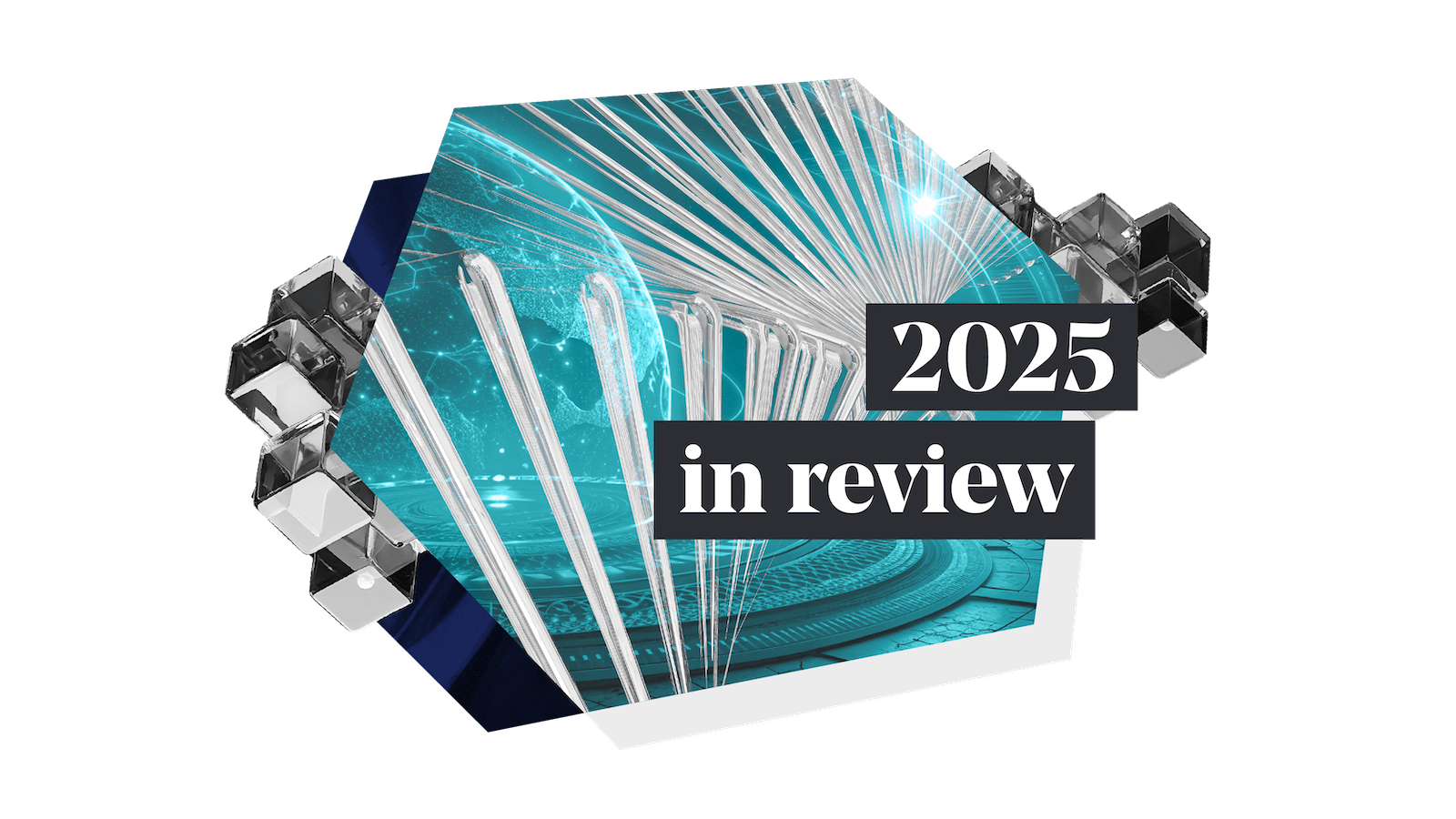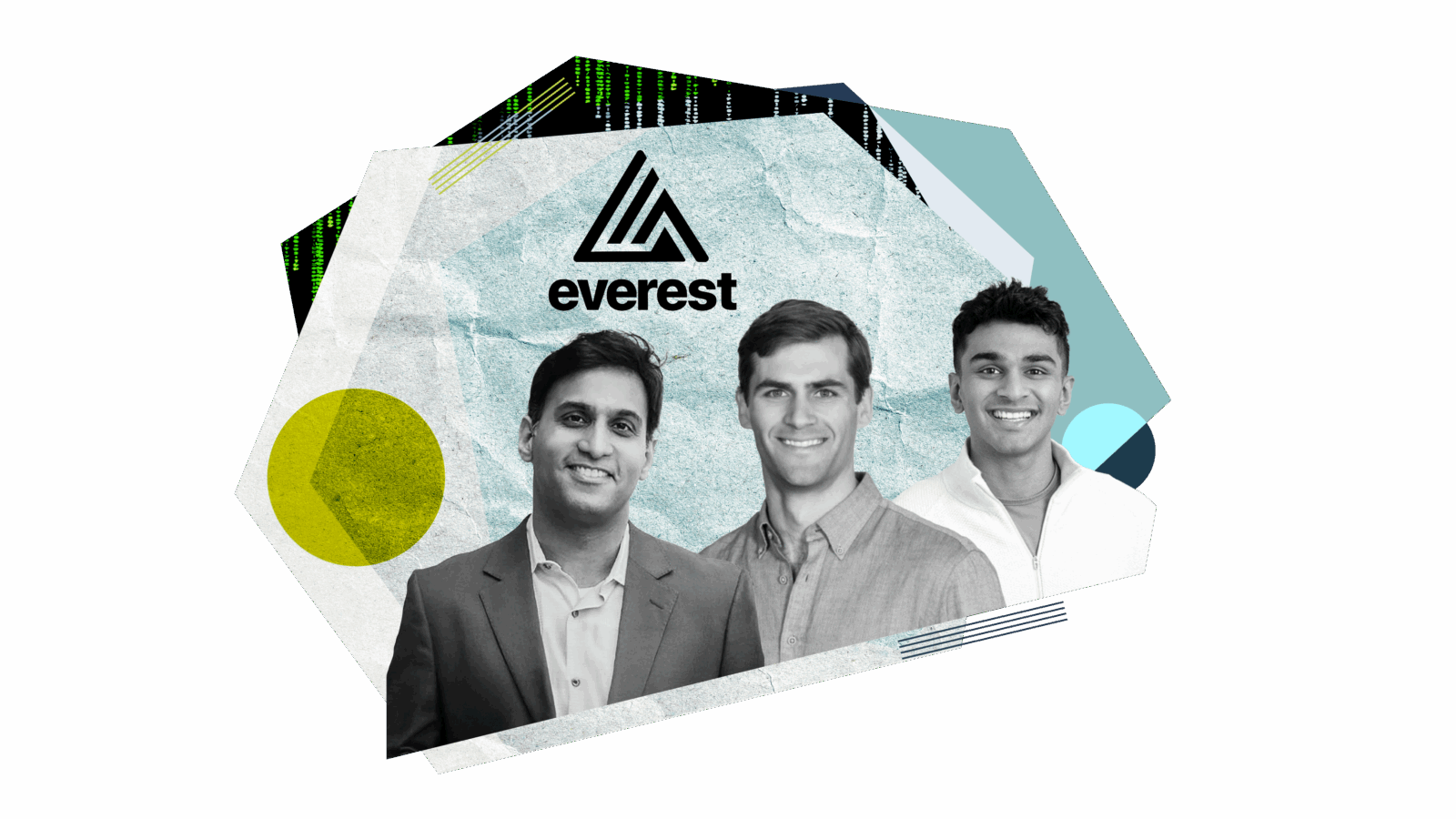Byron Deeter on investing in 14 different billion dollar companies
In this special episode of The Twenty Minute VC, Harry Stebbings and Byron Deeter discuss cloud market cycles, how to be an effective board member, and why it’s so important for investors and founders to build radical trust.
Byron Deeter entered venture capital the hard way–by gaining a lot of empathy (and entrepreneurial scar tissue) after founding Trigo Technologies, an early cloud business back in the first wave of SaaS. After selling Trigo to IBM in 2004, he joined Bessemer as a partner. Since then he has led more cloud companies through IPOs than any other venture capitalist.
Read the distilled Q&A interview from The Twenty Minute VC or listen to the full episode to hear extra insights and Byron's answers to Harry’s rapid-fire questions.
Harry Stebbings: You've seen multiple booms and busts on both sides of the table, as a founder and partner at Bessemer Venture Partners. What were your takeaways from this experience and how do you think it impacted your mindset today?
Byron Deeter: It has been a bizarre decade for all of us in this recent cloud wave. Great companies are built in all markets so I've really given up trying to time markets, either as a founder or as an investor. Find great people with good vision and pay the fair market price, and generally, really good things happen. The second thing, of course, is that it does help to have one of these megatrends as a tailwind.
Cloud computing has certainly been one for me, but there are a number of these macro trends in tech. You can miss the mark or fumble around on strategy a little bit, but if you're right in terms of market and that product-market fit, generally it will help you build a great business.
HS: At Stride VC, we’re always very cognizant of market timing and potentially having to carry companies. Does market timing really factor into your thinking, given the macro trend that one's chasing?
BD: What you tend to see is that exits do seem to cluster (we’ve done the empirical analysis). In particular, with acquisitions and IPOs, you have market cycles. There will be really strong market windows and really weak market windows. Generally, the best companies can typically wait until the market timing is ideal to go out, certainly on the IPO side.
Almost every one of our companies that inevitably goes public has also said no to multiple credit acquisitions offers along the way. They have the luxury of building value and not having to get anxious about hitting specific windows for acquisition offers. For the IPO side, it’s important to play in strong markets, but you’ll be okay if you have to miss a cycle, knowing that it will be there in the future for you.
HS: One could look at the state of cloud today and see extreme volatility within the market itself. In your words, what the heck is going on in cloud?
BD: We have some fascinating market dynamics where incumbents are acting like cornered animals and lashing out. In the pure-plays, you’ve got this market recognition and a number of enabling factors that have turned headwinds into tailwinds.
“The incumbents are acting like cornered animals and lashing out.”
The record acquisition of Red Hat by IBM is really all about Amazon Web Services crushing them in public cloud, and then trying to make a play for hybrid cloud more aggressively and essentially drop a buffer line where they could, aspirationally, be a leader in hybrid cloud space.
Google Cloud is trying to reinvigorate an enterprise motion, by bringing on Oracle’s Thomas Kurian. It’s a bold bet to try to shake things up. Meanwhile, Microsoft is several years into their transition with Satya. The company is doing a great job of being a fast follower and are very aggressively gaining share and making strides in the enterprise segment, specifically in the public cloud.
There's this macro battle of risk going on with the legacy vendors and there will be some fatalities there, but it’s also enabling the infrastructure service layer that the pure-plays can continue to benefit from. That Renaissance is still in the early days. There is so much fantastic innovation laying below the surface with these private companies. The best is yet to come, in terms of the quality that will ultimately reveal itself in the public landscape.
HS: How do you think public markets influence your day-to-day mentality when investing?
BD: I would agree that public markets are lagging indicators for venture investors and certainly for founders. For us to be successful as venture investors and partners with our entrepreneurs, we need to be five to 10 years ahead of what public markets are seeing or we're just going to be too late by the time the company is at scale. It's informative in that as you're on that transition point from private to public, you certainly want to be aware of the trends they are tying into and you want to make sure that they are understanding the language that you're speaking, but that really is tactical and a late-stage execution game versus the strategic ones that lead up to that.
HS: In terms of Bessemer, you've had more cloud IPOs than any other VC on the planet. What should founders take as lessons from those that have already been successful ahead of them?
BD: There are two points, the first being this notion of being evenly keeled. When things are going great, founders believe a little too much in it. When things are rough, they take the body blows a bit too personally. It’s important to temper the highs and lows and encourage the team to keep their head down and keep building real value.
That ties into number two: In all markets, efficient businesses will be rewarded. Businesses that can scale without needing to consume lots of capital or going way out on their ski tips in terms of customer acquisition. The importance of getting that model dialed in early where you've got the product-market fit and the economics working in an efficient way, will absolutely reward you in the up markets and you'll have the revenue growth.
HS: What can you do to really build that trust, that transparency, and that alignment between founder and VC?
BD: Early on, a lot has to do with over-communication and getting to know the founder on a personal level. Early in the relationship, we do often set up drinks and dinners, and have a lot of texts late at night. For example, it’s common to have ongoing text threads with CEOs where we stay updated, share photos of company events, etc. It’s fun, it builds a tremendous amount of trust, and that is what builds this essential partnership.
I’ll send a founder all sorts of opportunities, candidates, and customer introductions, but I do it on the condition that the founder feels comfortable saying no to the vast majority of things.
“I find that my former operating experience has made me a less hands-on investor.”
I never want to take up their time or feel like they have to follow up on something just because it came from a board member.
Founders should feel comfortable saying, “Hey thanks, but not interested” most of the time. Then, one out of 10 times, I hope they say, "Wow, that's exactly what I needed. I need to see that candidate tomorrow or I need to talk to them immediately."
HS: How have you seen yourself maybe grow and evolve as a board member over the last dozen years?
BD: Prep more and speak less. (That’s a loose Hamilton reference, maybe?) When board meetings are able to send materials in advance, we absolutely do review them internally. I'll usually work with my associate or vice president to discuss the big issues. While we want to speak less in a board meeting, we also want increased focus on the most important items we’d like to cover and give input on. I continue to learn something new every day and being an effective board member for a founder is something I continue to push myself on.
Every board meeting should preserve dedicated time so members can be aligned and provide the most strategic input. One, it’s a lot more fun. But two, you can have more impact on the business by providing your counsel.
HS: I spoke with Sameer from Sendgrid recently and he told me about your Cal Rugby coach. Tell me, what made him so extraordinary and are there any lessons that you apply to your life today?
BD: Day in and day out, I constantly look back to Jack Clark and the Cal Rugby program. I was fortunate to win four national championships as a player for him. I learned more about high performing teams, leadership and feedback on that team than I did in any classroom.
I have a Cal Rugby motto printed out in my house: “Entitled to nothing, grateful for everything.” It's a reminder that we're fortunate by place of birth and by a lot of things that preceded us, but we're entitled to nothing.
Every day we need to go out there and make a case for why we should be here. We should be grateful for everything we have from family to professional success. That, for me, is first and foremost.




